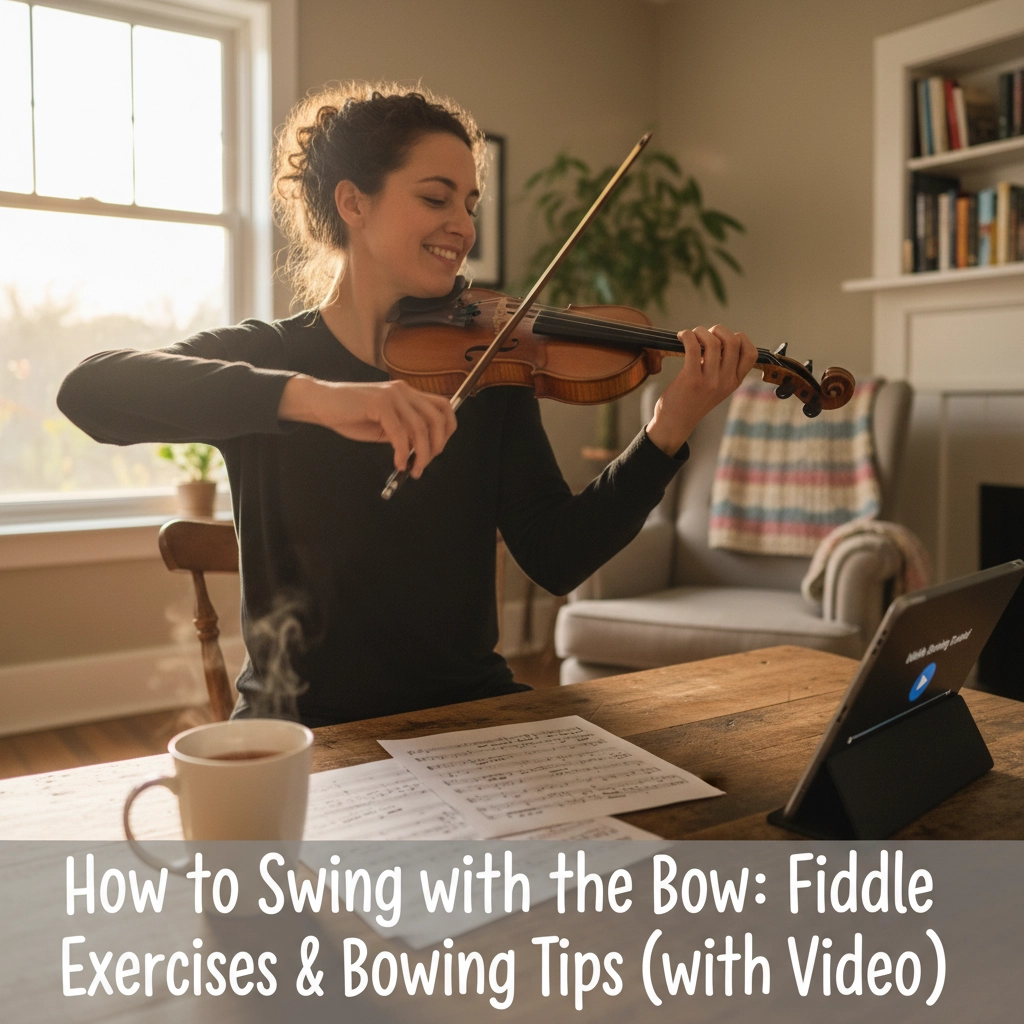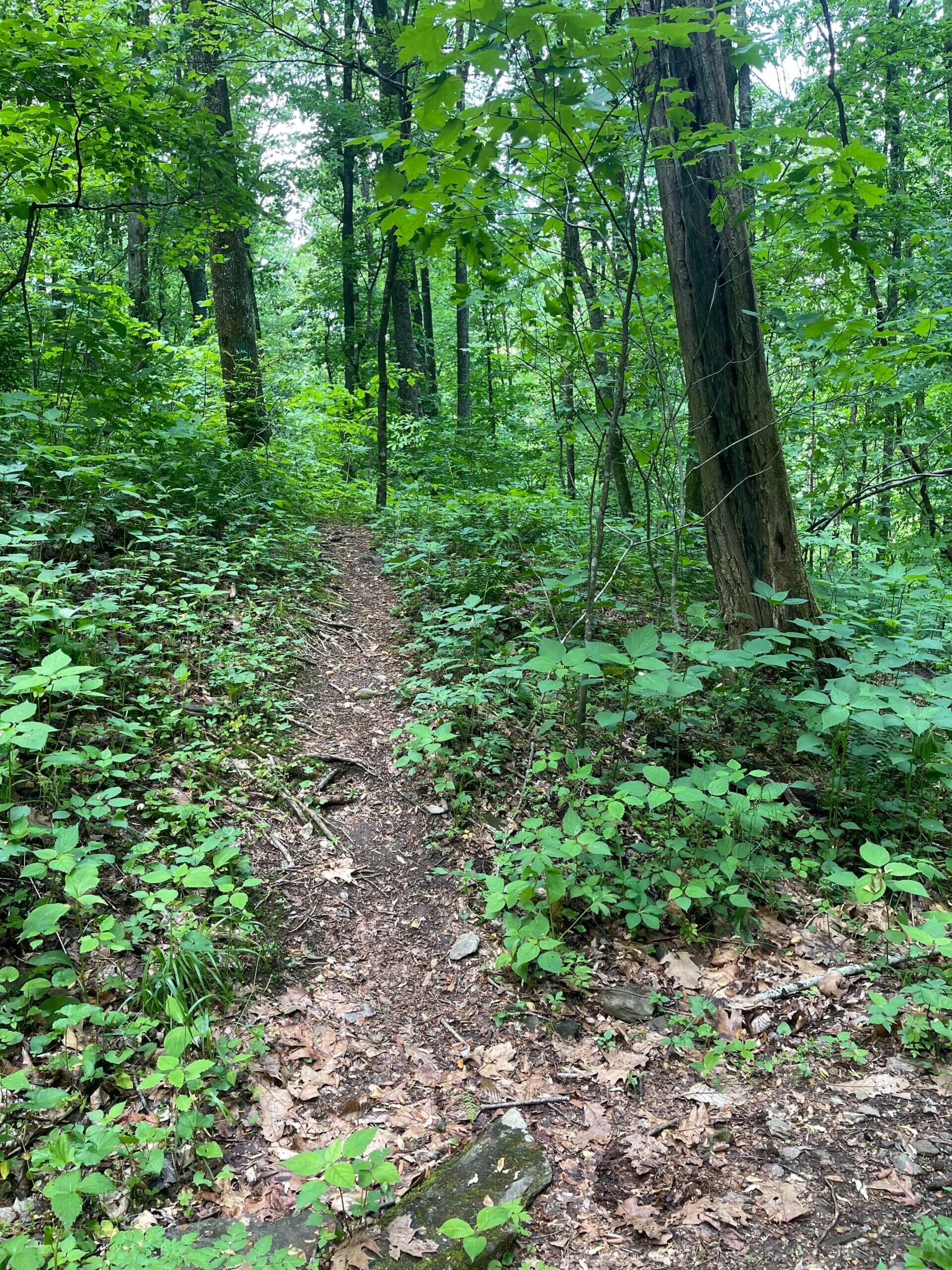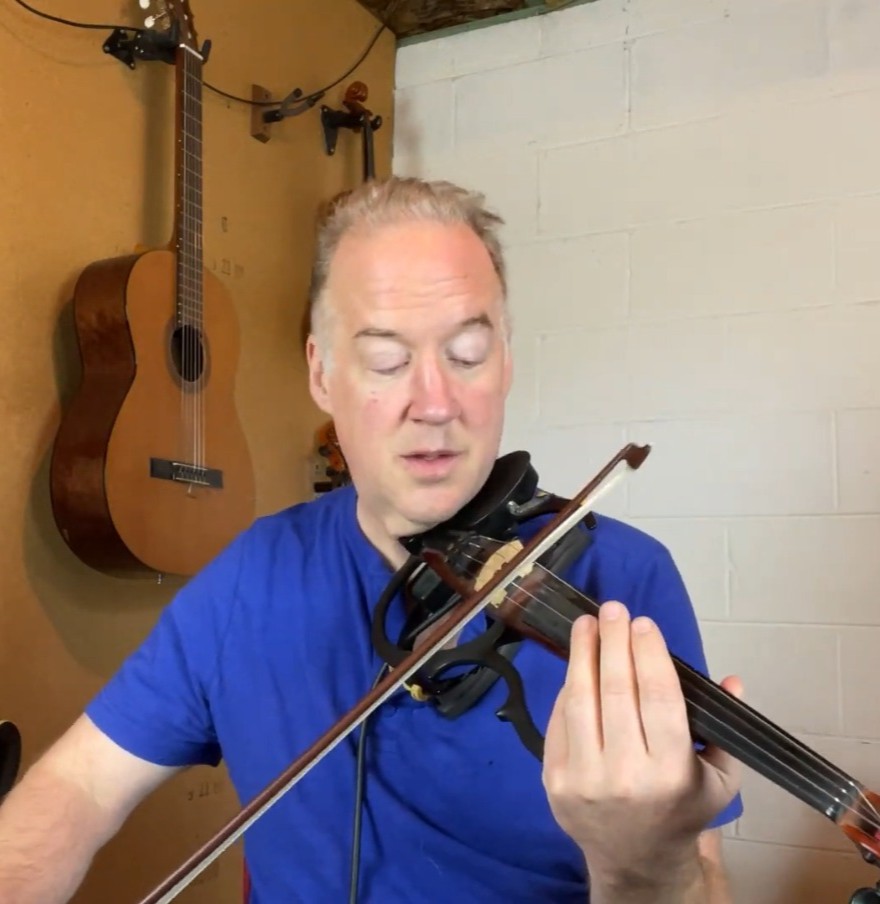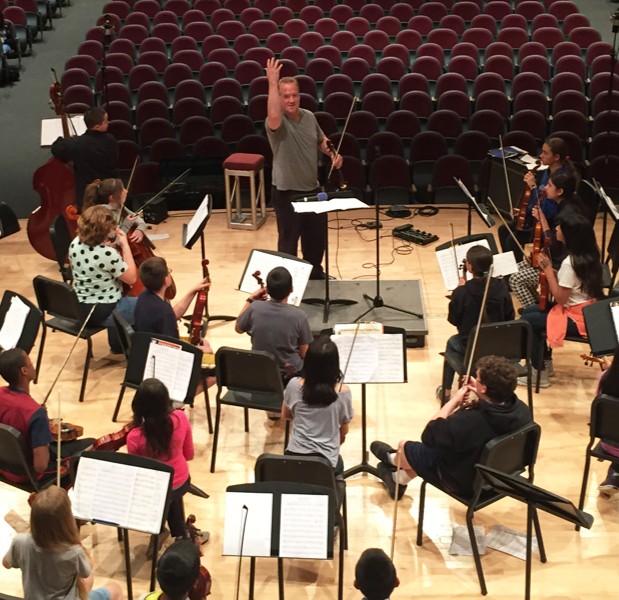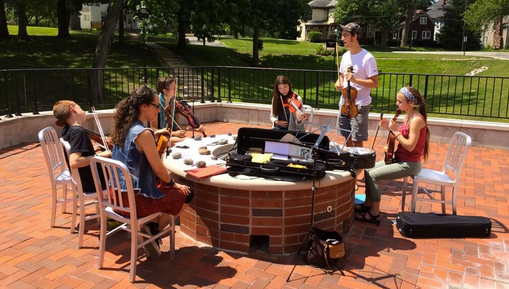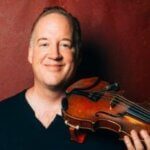Optimize Practice with Creative Recording
If you’re going to practice anyway, recording yourself and listening back is the single best way to improve. And using some your practice time to improvise or compose saves time because you can develop technical and other skills during the creative process.
Here is a collection of concepts to help you use creative recording to build confidence, skills, and more:
Table of Contents
25 Creative Recording Tips
1. Recording isn’t about perfection—it’s about clarity. You’re capturing reality so you can improve it.
2. Improvise within simple structures you fully understand. This could be as simple as playing recurring half notes in the key of C major—or no key whatsoever. Only improvise over more complicated harmonic and rhythmic structures once you have learned them.
3. Record short and long passages— record written excerpts and extended improvisations.
4. Improvise unaccompanied. (Record 15 improvisations in 45 minutes.)
Improvise over backing tracks, a metronome, jamming with other musicians, or in our guided practice sessions (recorded or live on Zoom).
5. Listen back with purpose. List specific metrics.
Ask yourself: Is my rhythm steady? Am I in tune? Is my tone consistent? Is my composition spacious or dense? Varied or repetitive? Balanced or unbalanced …
6. Instead of composing an entire piece, write four bars of a melody or chord progression.
7. Recording yourself creates value even if no one hears it.
8. Video captures what audio misses. Posture and physical technique markers are easier to spot when you see yourself.
9. Your 50th recording will be better than your first.
10. The best tool is the one you already have. Your phone is good enough.
11. Upgrade only when it makes sense. A mic like the iRig is a simple way to level up your sound.
12. Listen to your recordings with fresh ears. Listen again after time passes to discern more.
13. Improvising and recording feels awkward initially, but it gets easier.
14. Share your best work with an audience.
15. No one who creates and records regularly ever regrets doing so.
17. A recording doesn’t need to be long to be effective.
18. The act of recording makes your practice more intentional.
19. Rests (silences) are a creative musician’s best friend.
20. Fussing with your gear (AKA “Gear Talk”) is a way to avoid what matters: Focus on the music—not the tools.
21. Recording teaches you to play for an audience—even if the audience is only you.
22. Teachers: record lessons and practice. Share with students to save time and increase impact. (This post is an example.)
23. If you are a professional musician, showcase your recordings to offer proof of your work.
24. Publishing a recording is a generous act. The piece you record today may change your life tomorrow. There’s only one way to find out.
25 You’re more interesting than you think, and your musical ideas are more powerful than you realize.
In Conclusion
Recording creative practice builds clarity, confidence, and creativity.
Imagine how much progress you could make if you recorded one small thing every time you practice.
The more you record, the more you’ll uncover about your playing—and yourself.
Make this habit part of your routine and see where it takes you.
Want structure and support for faster growth?
Inside the Creative Strings Academy, we help musicians build smarter practice habits, gain new skills, and use tools like recording to improve faster and enjoy more.
All members are encouraged to record themselves improvising during our regular Guided Practice Sessions. In these Zoom classes (live and recorded), I and other teachers provide clear prompts to help you at your level.
Join us today to get personalized feedback, community support, and the tools you need to take your practice and musicianship to the next level.


